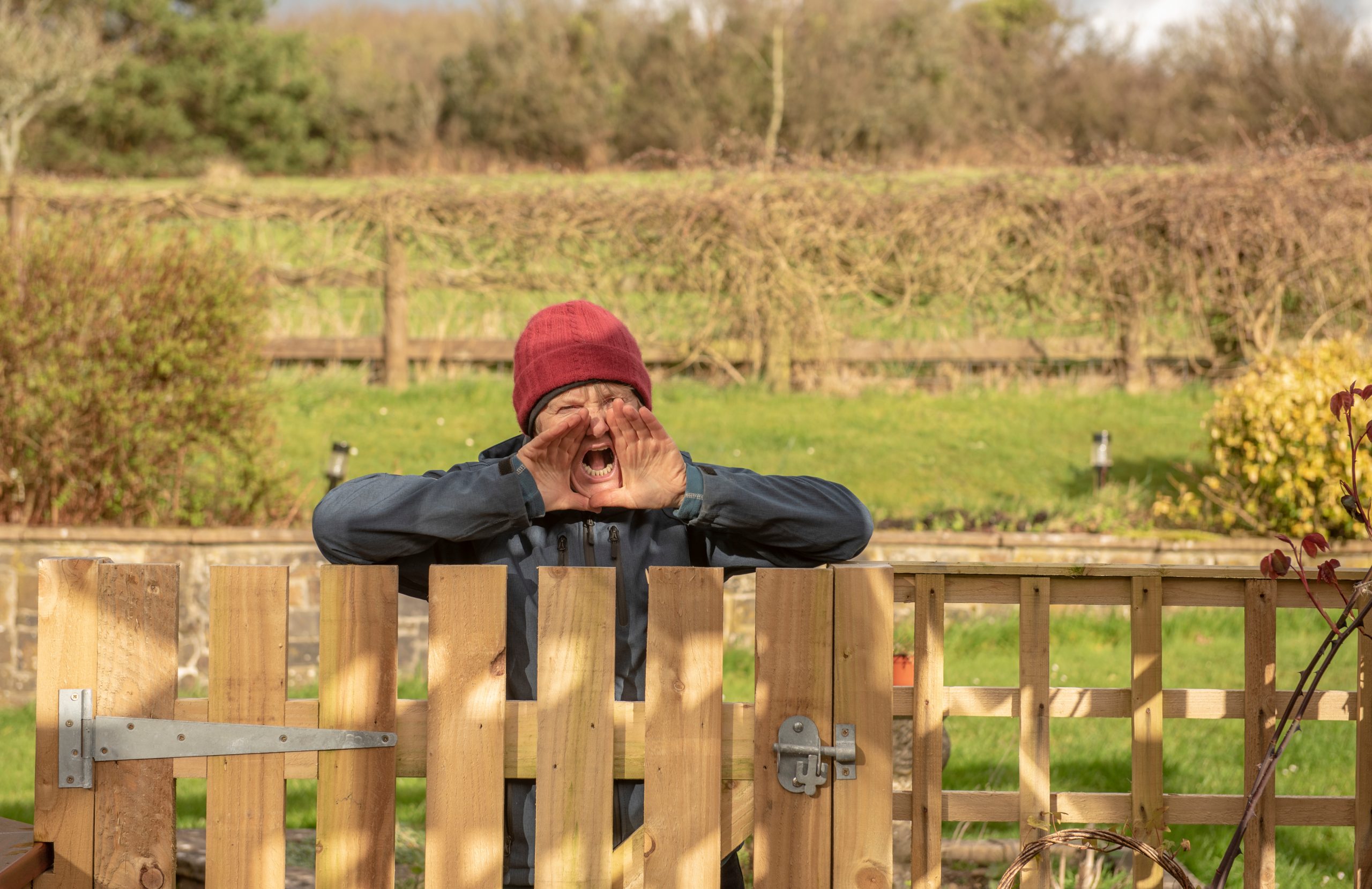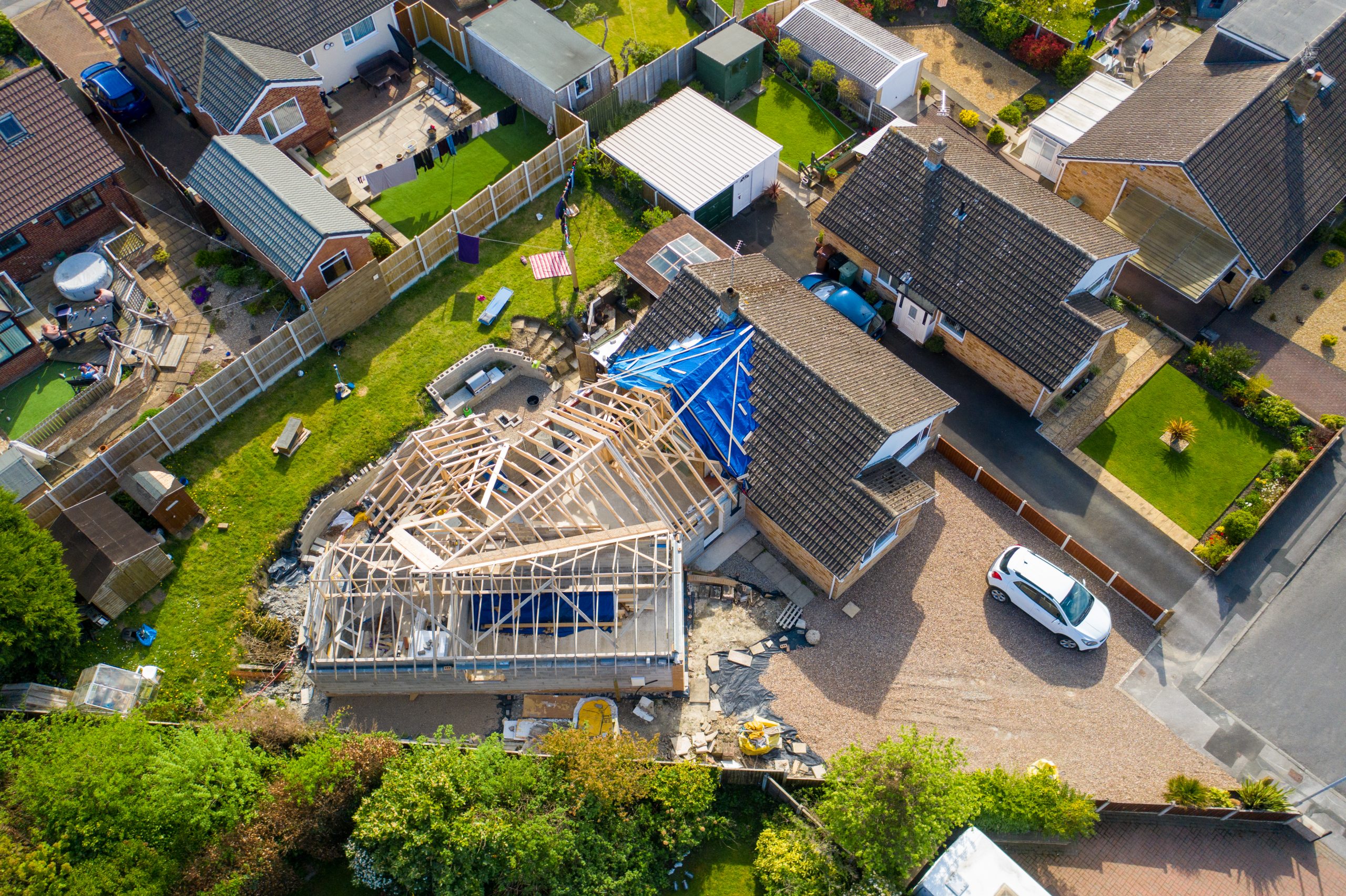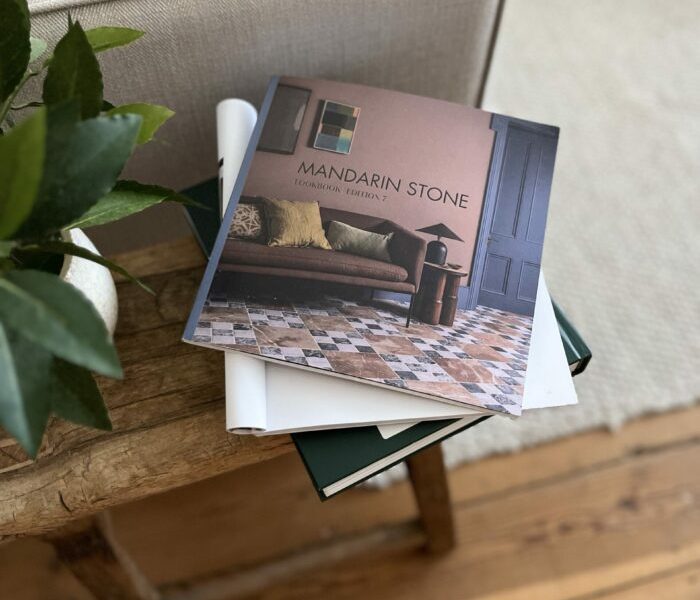
Planning Policies and an Increase in Neighbour Disputes
As we post this article to the journal, we approach the end of Mental Health Awareness week and earlier this week, Geoff Wilkinson (Wilkinson Construction Consultants) raised an interesting point with regards to planning policy changes and a rise in neighbour disputes. Having also experienced this increase from our own perspectives, we thought it would be useful to share Geoff’s views on how planning deregulation can have an adverse effect on mental health.
Enter Geoff Wilkinson…..
As Building Inspectors we are seeing a increase in neighbour disputes over the past year with far less tolerance being shown. In previous years we might have seen one or two disputes a year – it’s now more like one or two a month. You only need to take a quick look on social media platforms like Facebook or Nextdoor to see a stream of such neighbour disputes.
Concerns over mental health generally are on the rise and there is a clear under-current of anger that is bubbling away in the population as a whole. This hasn’t gone un-noticed and even Hollywood have picked up on the issue, with the film “Unhinged” starring Russell Crowe currently one of the most popular movies on Sky Cinema.

I feel that there are a couple of key issues at play in the rise of neighbour disputes this year. Firstly, due to lockdown people are at home rather than at work, and they are seeing first hand the noise, dust, dirt & disruption from domestic building work. These issues would have gone unnoticed when they were out at work. This is causing great stress for many people – especially if they have an important client call on zoom or are trying to home school children. Even basic privacy can be an issue preventing children from playing in the garden when there are builders next door looking in.

Secondly, planning deregulation has led to larger extensions and in particular upwards extensions that no longer need planning permission. This affects people’s view of their surroundings, increases over looking and can even devalue property. One such example would be the owner of a penthouse flat who is now facing an airspace development of a further two stories on top of them. In addition to the disruption the flat is no longer a penthouse and would be devalued as a result.
There is also an ever increasing trend for Houses in Multiple Occupation (HMO’s). These are developments where a house is divided up into what are effectively micro flats. HMO legislation was originally intended to allow people who didn’t form a single family to house share (for example 3 lads clubbing together or even to allow a family to have a live in nanny). Instead they are being used to create self contained accommodation which increases the number of people living next door, adds to noise, pressure on parking spaces etc. This is very different to the traditional occupancy of a nuclear family of 2 adults and 2 children living in the same house. Whilst many HMO’s are good quality developments aimed at aspirational young people and create a springboard to get on the property ladder, others are all but slum accommodation.

With Covid-19, such HMO’s are also stressful for the people living within them, often in tiny cramped conditions, with single aspect windows and even in some cases no natural ventilation. Worse still is the stress faced by leaseholders trapped in buildings with unsafe cladding, as a result of the Cladding Scandal and the glacial progress being made in removing unsafe ACM and combustible insulation.
It’s sad to see that the Government’s policies on Planning and Building Regulations (heightened by Covid) are affecting people’s mental health in this way. Let’s hope that the Queens speech reviews the balance between Development rights for the wealthy and the Mental Health needs of the nation.
Geoff Wilkinson is an Approved Inspector and a former election candidate for the Green Party.
Thanks Geoff
It’s clear to see that in the case of residential extension projects, which we predominately deal with here at Selby Design, there has been a significant increase in neighbour disputes and confrontation. There are a number of scenarios in which a dispute can arise, a few of which Geoff has touched on and one in particular that we have seen a spike in ourselves, is the question of the ‘Right to Light’ which is in fact a separate piece of legislation. The difficulty here, is that it could be believed that a new home extension is not requiring planning approval (in conjunction with the deregulation or relaxation of planning policies), but it could be in breach of the right to light.
We have covered the topic of the ‘Right to Light’ in a separate post, which you can read here, if you would like to find out more.
Love thy Neighbour
Finally, as we advise all our clients from the moment they first contact us and before we commence on the design of an extension project; the best way to overcome the likelihood of neighbour disputes is to speak to neighbours and involve them from the outset. Whether the proposed works are deemed permitted development, or constitute the need for a planning application, making neighbours aware of your intentions and timescales directly, can mitigate issues later on. Make it known that you are available to speak with, if your neighbours have any queries or concerns regarding the construction phase and how it may effect them. Show the same level of respect in relation to concerns of mess or noise, that you would expect to be shown if the ‘shoe was on the other foot’ and the majority of people will appreciate the consideration and be understanding of the situation.




